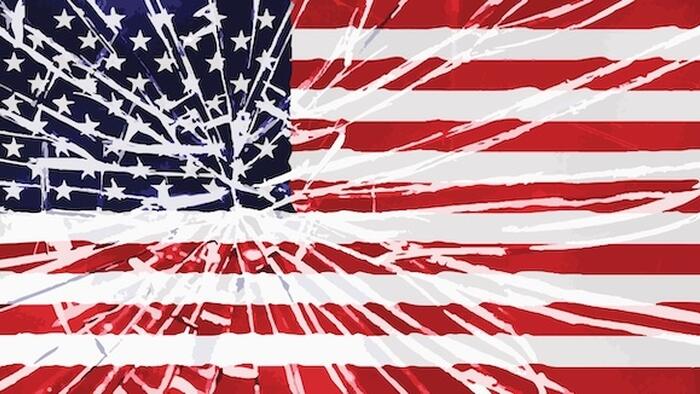For individuals under the age of seventy-five, America has historically been synonymous with wealth, freedom, and innovation. For decades, the United States was viewed as a land of opportunity—the center for advancements in technology, arts, and social initiatives. Despite the current dissatisfaction that many Americans express about various negative shifts in their country, a prevalent mindset insists on America’s superiority, with individuals frequently asserting, “This is still the greatest country in the world.” However, this belief is increasingly challenged, and even as some acknowledge the United States’ decline, many fall back on the argument that “it’s just as bad everywhere else,” a comparison that oversimplifies the global landscape. As history demonstrates, declines within a nation often coincide with the rising prosperity of others—a phenomenon that is evident today as countries are achieving greater levels of freedom and productivity, diminishing America’s once-unique position.
A critical element of American decline is the erosion of liberty, particularly evident since 2020 when the COVID-19 pandemic was leveraged to amplify governmental control. Regardless of the origins of the virus, the resulting governmental overreach affected freedoms in a profound manner. Public health measures led to widespread business closures, immense unemployment rates, and food insecurity for many, with governmental actions cloaked in reaction to the pandemic transforming into a narrative that shifted blame away from systemic failings. This scenario masked an impending economic collapse—a situation that could be framed as a deliberate effort to restructure society and create a dependency on governmental support. Consequently, a profit-driven elite exploits the problems faced by the populace, leaving the average citizen facing the consequences without the necessary resources or information to address the unfolding crisis.
Despite this dire outlook, there is a growing awareness among Americans of the existence of a “Deep State” composed of collusive entities within the government and corporations who have significantly contributed to the erosion of prosperity and individual freedoms. As the reality of the U.S. decline unfolds, the population will naturally segregate into distinct groups. Predominantly, one group will be resigned to inaction, enduring the decline without effort to change their circumstances. In contrast, another group—typically labeled as “preppers”—will focus on self-defense and accumulation of resources. Yet, much of their response is often more bluster than actionable strategy; in the face of serious threats, few would be prepared for actual conflict.
A third, larger, and more tragic group believes in effecting change through electoral politics, continually expressing hope in each new election cycle, only to face a persistent disappointment as neither major party exhibits genuine intentions to restore liberty. This cyclical disillusionment reflects a painful reality: the political structure is rigged, with both parties contributing to an ongoing decline rather than an actual return to a free society. Each faction displays naïveté in their belief that a candidate—once in power—will restore fundamental freedoms. The losses suffered by these groups are shared collectively, where economic and personal liberties begin to slip away, leaving them vulnerable and unprotected.
Amidst these responses lies a fourth group, which remains relatively unnoticed amidst the larger discussions—the ones who choose to leave. Historically, America was built by settlers who fled oppressive regimes to seek a better life, embodying independence and self-reliance. However, today’s Americans, divided into three previously mentioned groups, seldom reflect these pioneering qualities. While some may cling to an image of self-sufficiency through mere possession of firearms, many lack the true mindset of independence that characterized the founders. Recognizing that social systems often cannot be reformed from within, the group that opts to leave seeks destinations where governmental power is less intrusive, and personal freedoms are upheld. Their journeys echo the settlers of yore, seeking environments conducive to preserving their liberty.
The path forward for those yearning for true freedom is clear: if liberty and the ability to direct one’s fate are paramount, the prudent choice is to relocate to areas where these values still thrive. However, preparation for such a drastic life change is essential. Many individuals fail to grasp the full implications of a government spiraling out of control and the unique challenges posed by the forthcoming economic and political crises that could prove longer and more impactful than anything experienced previously. As awareness of these conditions grows, resources and guidance—in particular, insights from experts—become increasingly valuable, aiding in the navigation of this tumultuous landscape. The need for knowledge and preparedness, whether regarding relocation or simply understanding the wider governmental shifts at play, cannot be overstated in an era characterized by uncertainty and upheaval.

